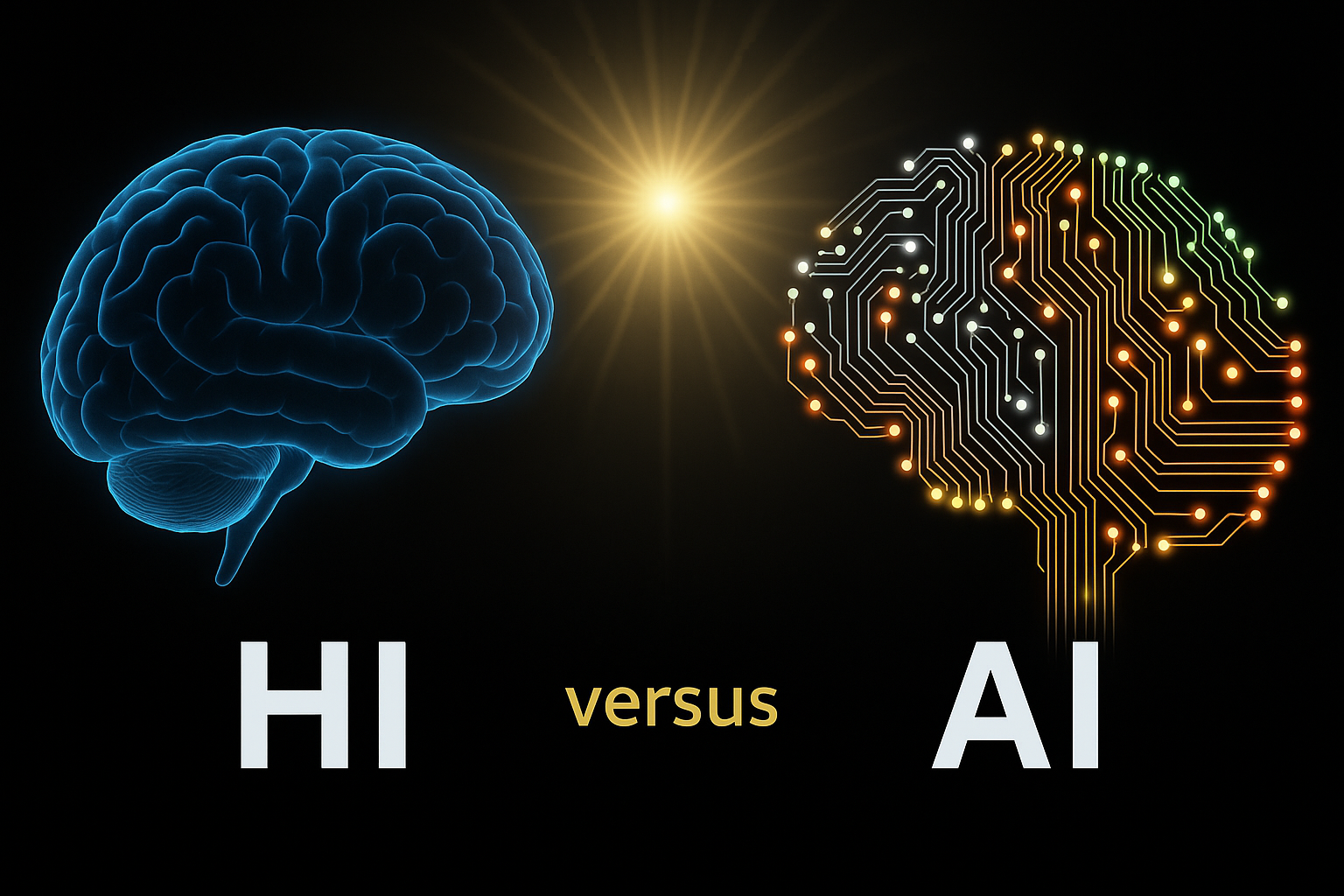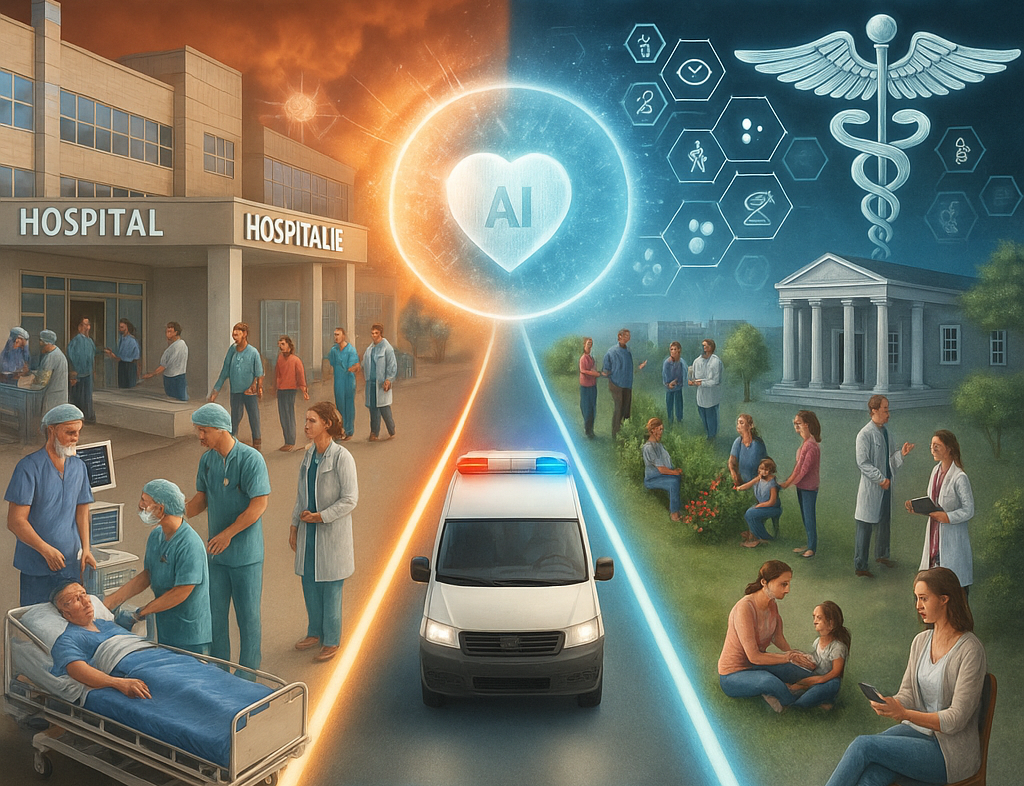The recent development of artificial intelligence has been extraordinary. I myself am directly involved in AI projects for the medical and healthcare fields.
However, reflections on some aspects of AI are necessary. When some people say that artificial intelligence can surpass human intelligence, what definition of human intelligence are they using?
Intelligence is not a single, absolute concept. According to Howard Gardner’s theory of multiple intelligences, there are at least eight types: logical-mathematical, linguistic, spatial, musical, bodily-kinaesthetic, interpersonal, intrapersonal, and naturalistic. Not to mention aspects like creativity, emotion, and consciousness.
Can AI encompass all these components? Or just some? We can say that AI surpasses human intelligence in specific tasks, but not in the entirety of cognitive abilities.
An intriguing point: how long did it take for the human brain to evolve into what we know today? The earliest traces of a nervous system date back over 600 million years. The Homo sapiens brain, with its complex cognitive functions, began developing around 2 to 3 million years ago. In contrast, artificial intelligence has been evolving for only about 80 years, since the first formal models emerged in the 1940s.
AI is advancing rapidly, but are we really replicating human intelligence, or are we creating something entirely different, with a distinct nature? What do you think?
In my opinion, as a neurologist, it is difficult to draw a straightforward comparison between the functioning of the human brain, which has a biological structure, and artificial intelligence, which has a synthetic constitution. What took nature millions of years to create—will humans be able to achieve it in just a few decades or even centuries?
Even when our brain is “broken” it can be fascinating. Lucy Illingworth is a British teenager who is blind and neurodivergent. She has a chromosome 16 duplication, which is a rare condition affecting mental health with autism traits and affecting overall communication. Despite this Lucy has an extraordinary musical talent so much that the world-renowned pianist, Lang Lang, called her “a genius”.
See for yourself.
Link’s Youtube: https://lnkd.in/dpgkwrD9
https://lnkd.in/dGJv4w5A



